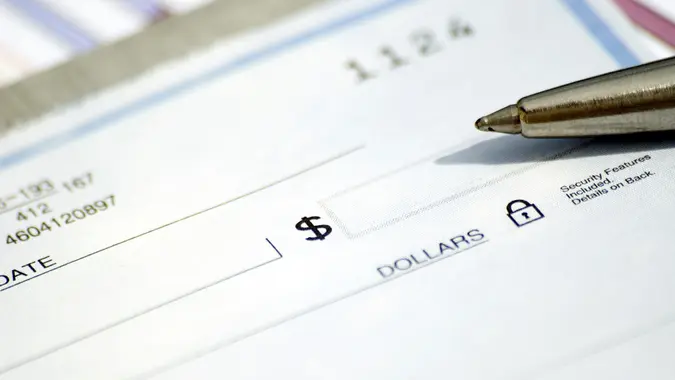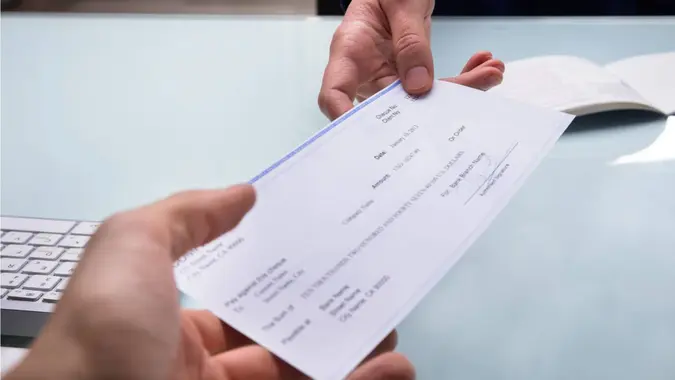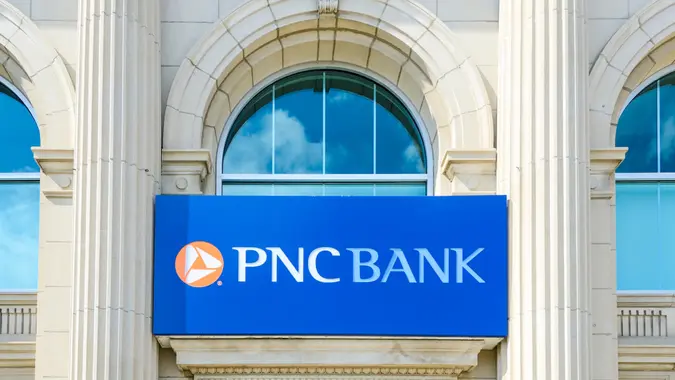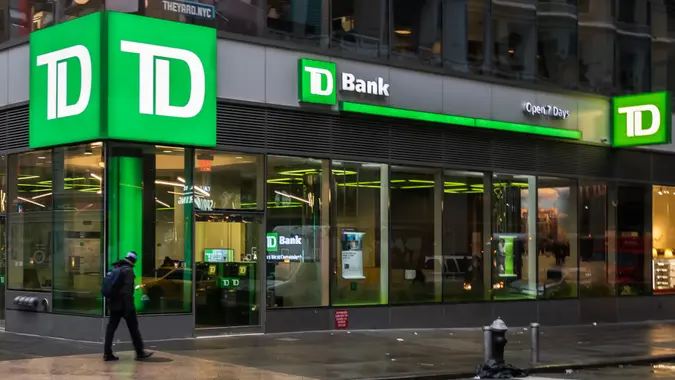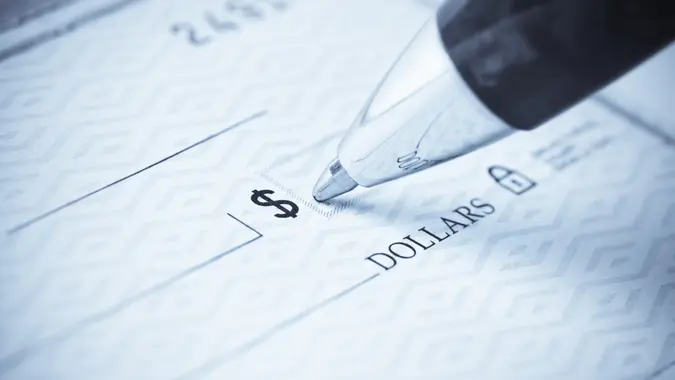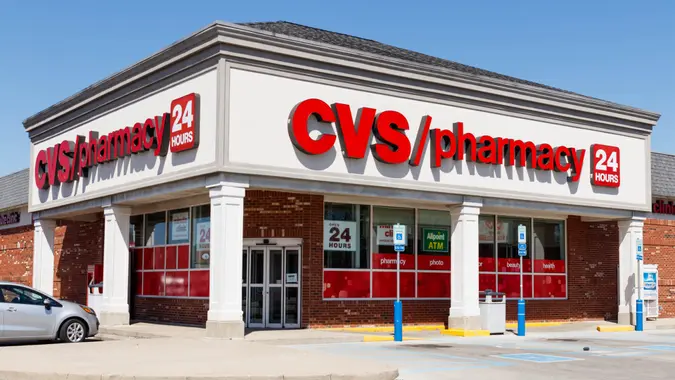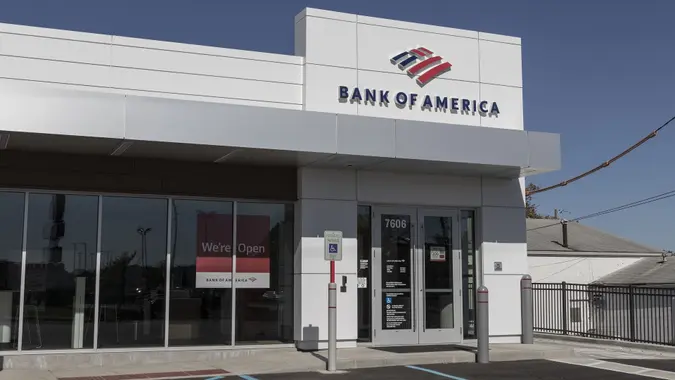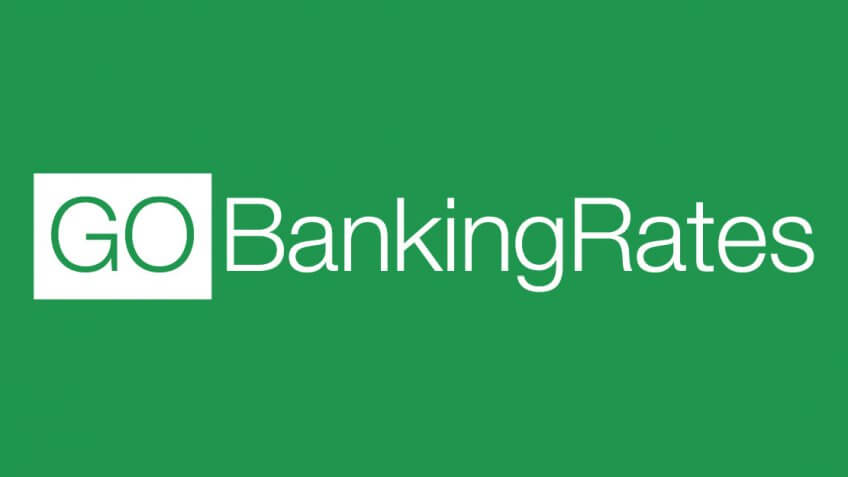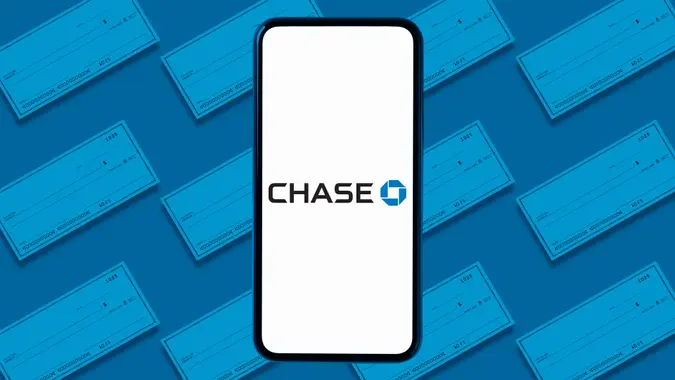Experts: How To Choose Your Next Checking Account

Commitment to Our Readers
GOBankingRates' editorial team is committed to bringing you unbiased reviews and information. We use data-driven methodologies to evaluate financial products and services - our reviews and ratings are not influenced by advertisers. You can read more about our editorial guidelines and our products and services review methodology.

20 Years
Helping You Live Richer

Reviewed
by Experts

Trusted by
Millions of Readers
Are you in the market to open a checking account? It might seem like a fairly easy task that you can take care of online or at your local banking branch.
Before you set one up, however, there are a few tips that you might not be aware of that can help you pick the right checking account. Depending on your income, your expenses, and your desire to access your funds, you might need a specialized account or a specific banking institution.
According to Christina Roman, the consumer education and advocacy manager for Experian, there are a number of things consumers should consider when choosing a bank account, including:
- Check the financial institution’s accessibility: Is it online-only? Are there in-person branches? Do they have a robust ATM network?
- Check if there is a minimum deposit requirement you’ll need to meet and maintain in order to open an account and keep it open
- Ensure the bank is FDIC insured
- Understand all monthly fees and/or ATM access fees
GOBankingRates asked Roman and a few other banking experts how they chose their checking accounts and what you should look for in your next one.
Researching Deposit Requirements and Fees
Choosing the right checking account is an important step on your road to a strong financial future in the opinion of Scott Lieberman, the founder of Touchdown Money.
That’s because checking accounts can come with some requirements on the part of the banking customer, including minimum deposits in some cases. There might be additional fees associated with certain accounts that relate to withdrawals, maintenance and other services provided by the bank.
“Every checking account has certain stipulations where the bank can charge fees,” said Lieberman. “Be sure the fees work for your lifestyle.”
“The right checking account is the one that’s easiest for you to maintain,” added Ben McLaughlin, the resident finance expert and president for Raisin.
“Savers should be careful to read all of the fine print when setting up a checking account. Some accounts have minimum monthly balances or direct deposit requirements in order to keep your account in good standing.”
Identifying Banking Features That Fit
Every person is different and unique, which means that they bank in a way that is individual to their needs. As you decide on what kind of checking account to open, look at the features they come with and see if they fulfill your money management needs.
“If you need to have branch locations everywhere, choosing a national bank makes more sense than a local one,” said Lieberman. “If you care more about a relationship, a regional or local bank could be right for you.”
Checking for Mobile Banking Options
Long gone are the days of solely in-person banking. Most major financial institutions have a mobile banking option to access, move and invest your money from the comfort of your computer or mobile device.
That being said, not all mobile banking apps and platforms are made equal. Some banks have upgraded their capabilities, such as including real-time transfers, while others are sorely lacking behind in capabilities and speed.
“Online banking is the standard for most customers now,” Lieberman said. “Make sure to find a bank that makes it easy to bank online.”
Understanding the Difference Between Accounts
You might very well believe that you only need a checking account and that all of your money can stay within that account, accessible for purchases big and small. However, you probably need to open a savings account in addition to a checking one.
“While checking accounts are ideal for those daily transactions, they may not be a smart place to keep your savings,” said McLaughlin.
“These accounts usually have extremely low interest rates — according to the FDIC, the average interest rate on checking accounts is 0.08%,” he said, noting this is a recent change as of August 2024. “So, when you keep a large amount of cash that exceeds the amount you need to pay bills, your money will actually lose value over time due to inflation.”
Roman added, “Each consumer will have different needs so they should take time to research the different options that exist to see which might fit their circumstances best.”
 Written by
Written by  Edited by
Edited by 



